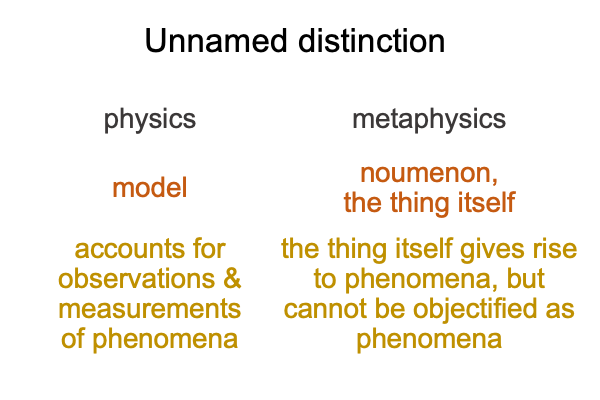0001 Philosophers enamored of Aristotle and Aquinas tend to make distinctions. So, what happens when such philosophers wrestle with modern science as it confronts the realness of apparently irreducibly complex systems, such as um… hydrogen-fuel cells and the Krebs cycle, which serves as the “fuel cell” for eukaryotic cells?
On the surface, Tabaczek fashions, yet does not articulate, a distinction between… hmmm…
0002 Consider a sentence, found on page 273 of Emergence, midway in the final chapter, seven, saying (more or less), “I hope that my re-interpretation of downward causation and emergent systems, in terms of old and new Aristotelianism, will help analytical metaphysicians sound more credible to scientists and philosophers of science, who employ, analyze and justify methodological reductionism.”
….what?
Philosophers of science and analytialc metaphysicians?
0003 Philosophers of science attempt to understand the causalities inherent in the ways that each empirio-schematic discipline applies mathematical and mechanical models to observations and measurements of particular phenomena. In terms of Aristotle’s four causes, their options are few. Science is beholden to material and efficient causalities, shorn of formal and final causation. So, they end up going in tautological circles. What makes a model relevant? Well, a model accounts for observations and measurements of phenomena. What are phenomena? Phenomena are observable and measurable facets of their noumenon. What is a noumenon?
Ugh, you know, the thing itself.
If I know anything about the Positivist’s judgment, then I know this. Science studies phenomena, not their noumenon.
Everybody knows that.
Except, of course, for those pathetic (analytical) metaphysicians.
0004 …what?
A noumenon and its phenomena?
0005 Tautologies are marvelous intellectual constructions.
In a tautology, an explanation explains a fact because the fact can be accounted for by the explanation. For modern science, mathematical and mechanical models explain observations and measurements because observations and measurements can be accounted for by mathematical and mechanical models.
Scientific tautologies are very powerful. Important scientists ask for governments to support their empirio-schematic research in order to develop and exploit such tautologies… er… technologies. Philosophers of science tend to go with the flow, so they end up employing, analyzing and justifying the manners in which mathematical and mechanical models account for observations and measurements, along with other not-metaphysical pursuits. One must tread lightly. First, there is a lot of money on the line. Second, the positivist intellect has a rule. Metaphysics is not allowed.
0006 …hmmm…
Does Tabaczek offer a way out of the rut of not-metaphysics, without noticing that the rut is what distinguishes scientific inquiry from experience of a thing itself? Aristotle will tell me that the rut is not the same as the world outside the rut. The scientific world is (supposedly) full of mind-independent beings. Ours is a world of mind-dependent beings.
0007 …aha!
Now, I arrive at the yet-to-be-articulated distinction between what science investigates and what we experience.
For the modern philosopher of science, models are key. Disciplinary language brings mathematical and mechanical models into relation with observations and measurements of phenomena.
For the estranged modern metaphysician, the thing itself is key. The thing itself, the noumenon, gives rise to diverse phenomena, facets that are observable and measurable.
Consequently, the distinction that Tabaczek does not name looks like this.

Figure 01
